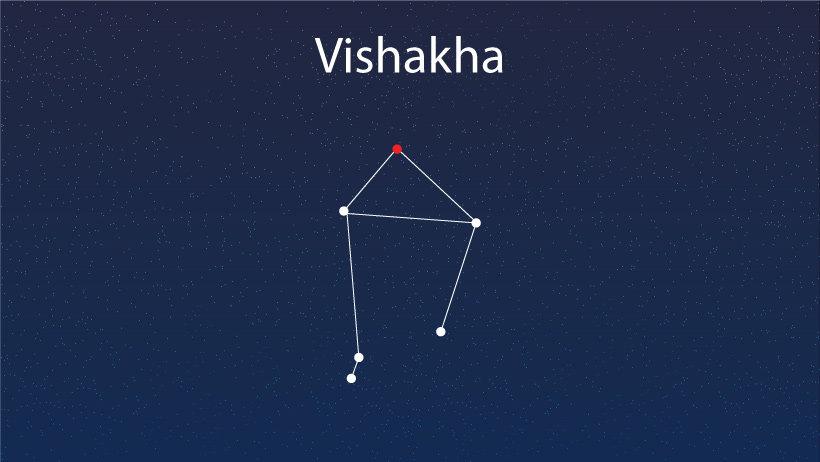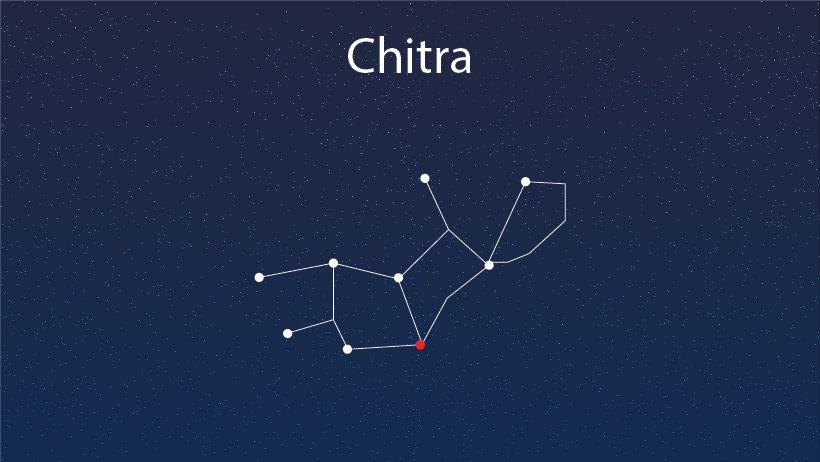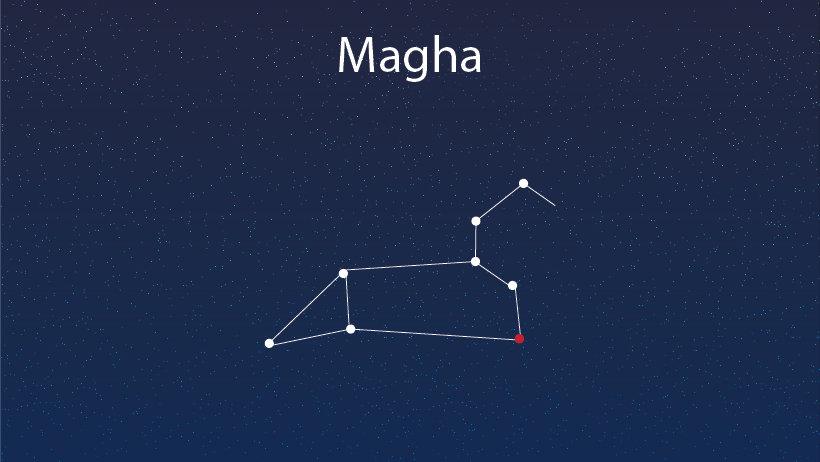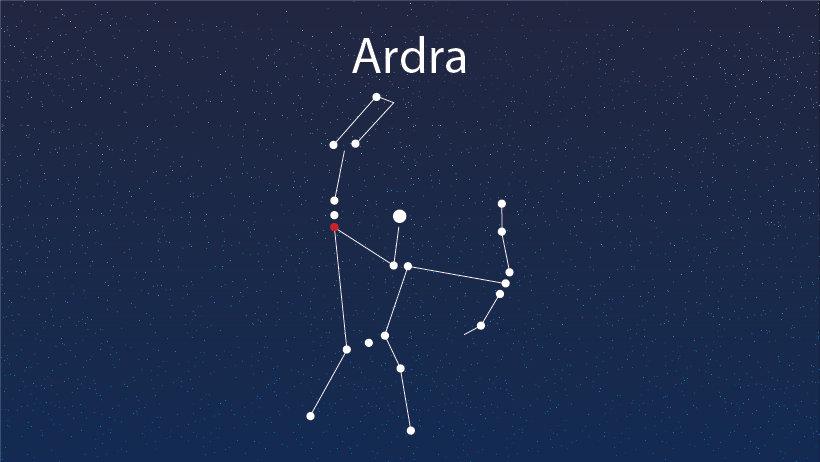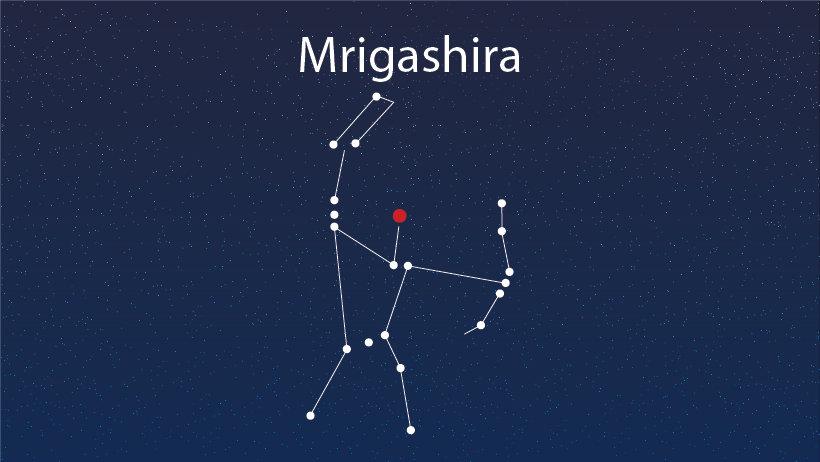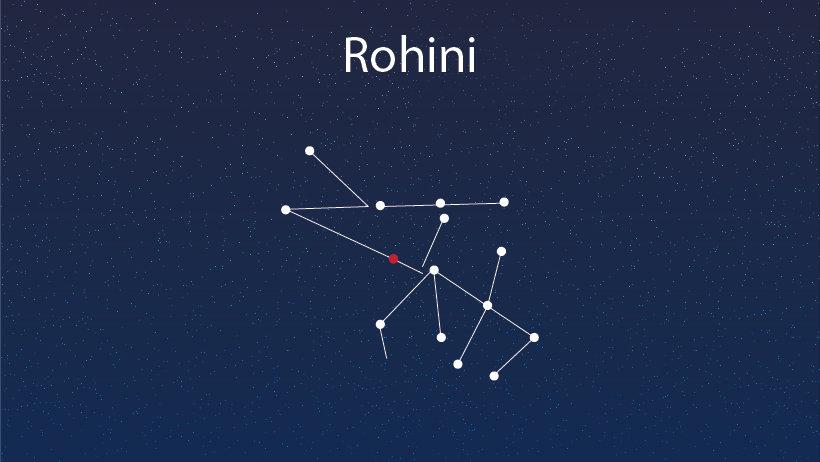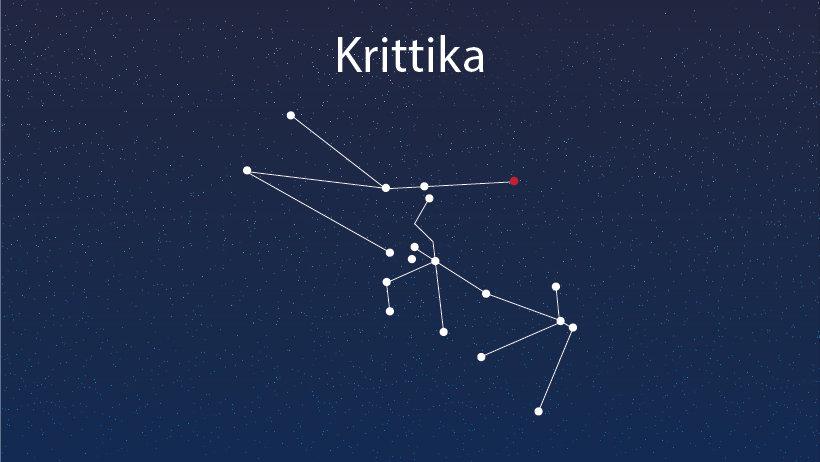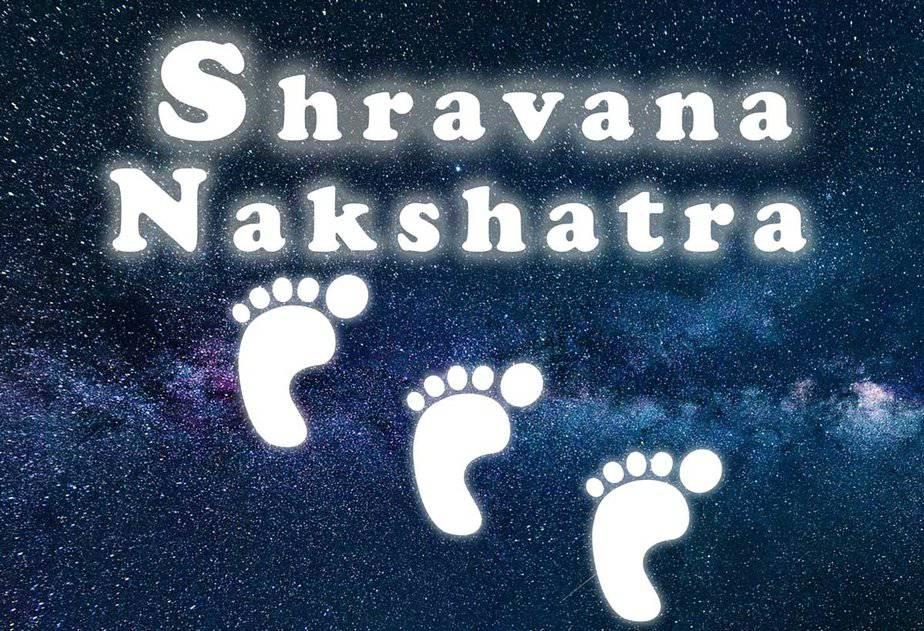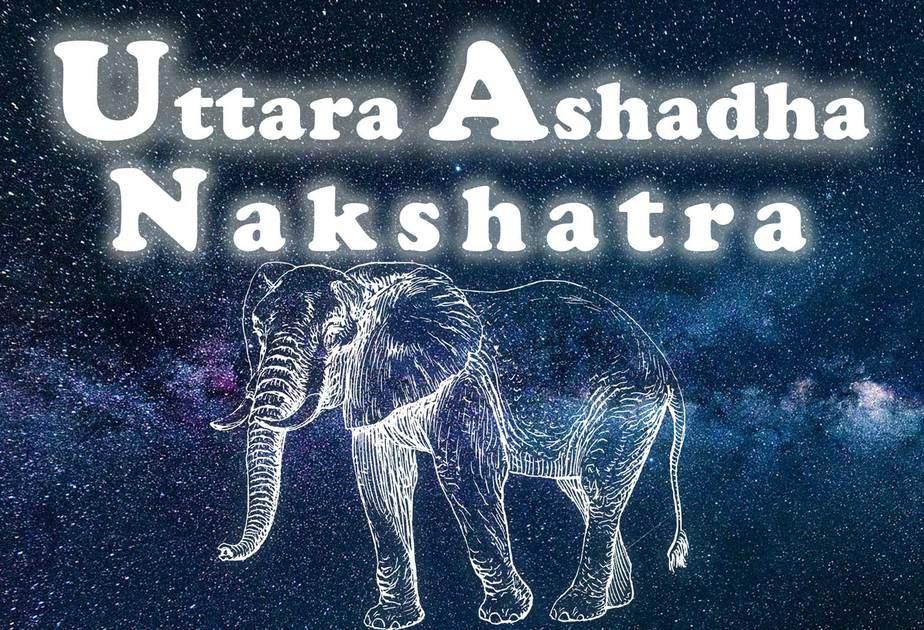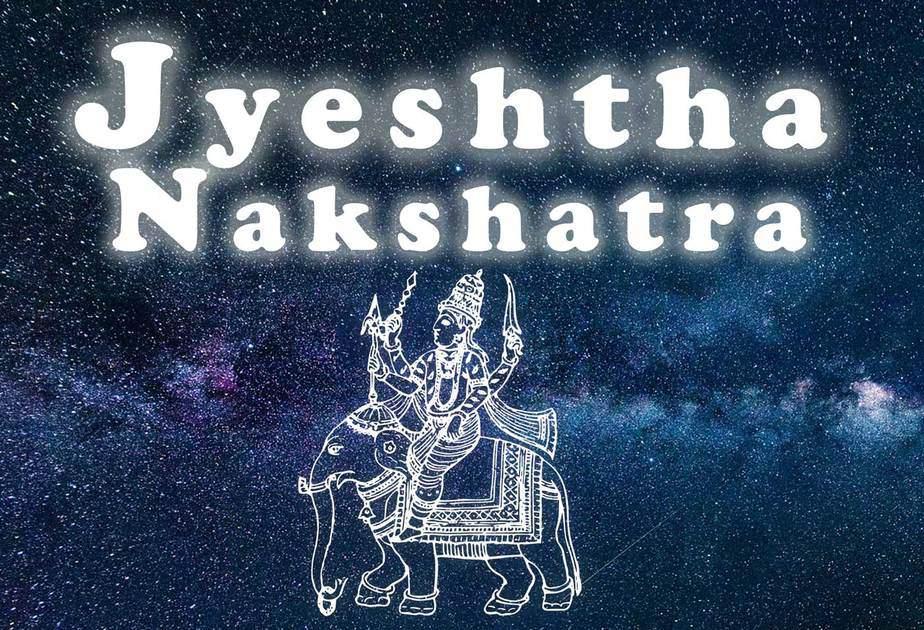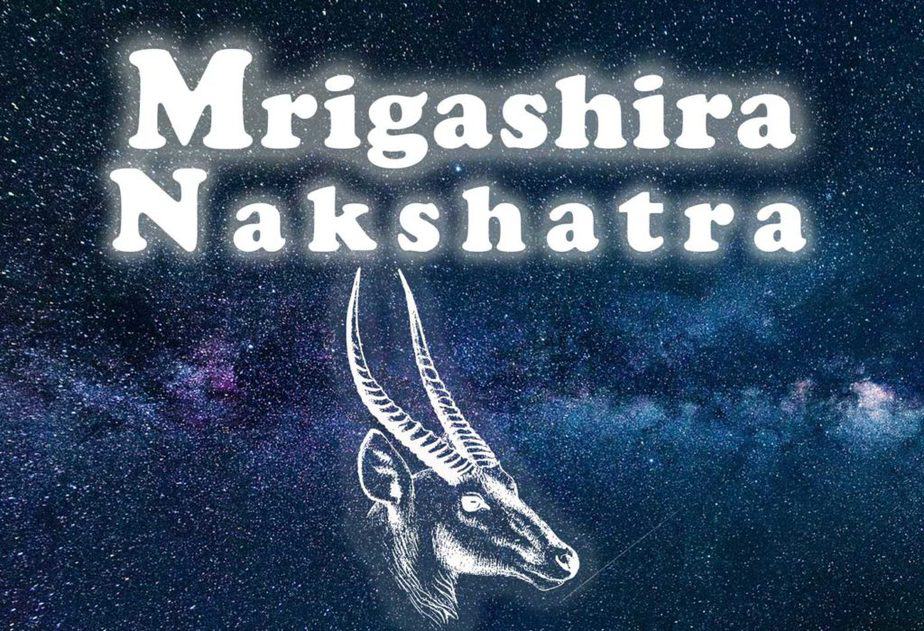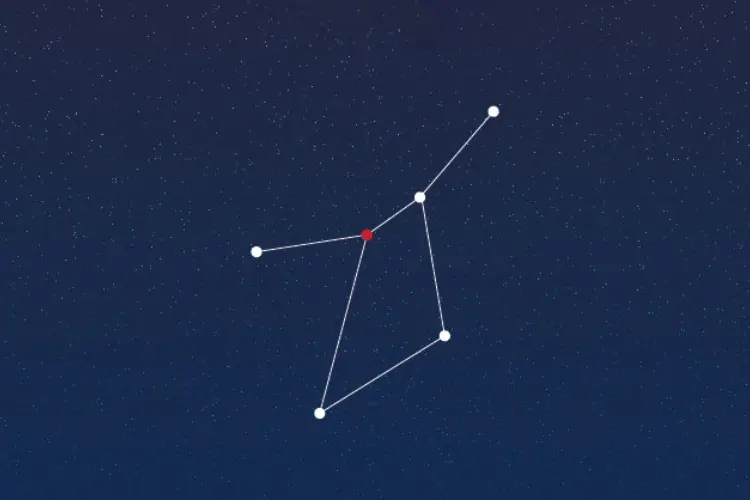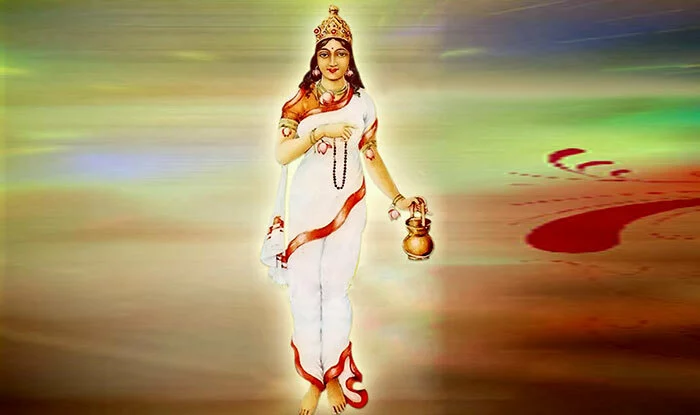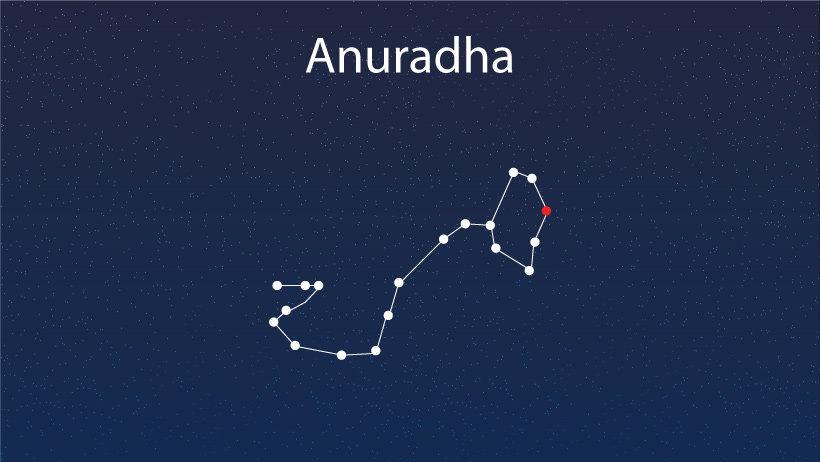
#Anuradha #Nakshatra is the 17th of 27 #nakshatras. If you were born when the #moon was between 3:20-16:40 degrees Scorpio
Sanskrit Name: अनुराधा (Anuradha) comes from the #Sanskrit words अनु (to come after) and राधा (prosperity or worship). One meaning of Anuradha is “the follower of good fortune,” indicating success, good qualities, and a #simple #heart.
Planetary Ruler: #Saturn. Saturn is the bestower of karmic reaction, the good or bad results of one’s past activities. It is associated with discipline, obstacles, hard work, and philosophy and law.
Nakshatra Group: Godly. Nakshatras are divided into three classes — monsters, humans, and gods. Anuradha is a godly nakshatra. People in this group are generally good-natured and fortunate in life. However, they may struggle with pride and a sense of entitlement.
Zodiac Sign: Scorpio. Scorpios are intense, reclusive, and bursting with energy.
Deity: #Mitra. In Vedic theology, Mitra is the lord of friendship, partnership, and companions.
Symbol: #Lotus flower. This represents versatility, beauty, and the ability to rise up out of bad circumstances.
Power: To #worship. Persons born under the star of Anuradha have a natural inclination for spirituality. They seek the essence of religions, avoid sectarian dogmas, and strive to find the presence of God within all persons and things.
Resonant Syllables: In India, the birth nakshatra is traditionally used as one means of choosing the name of a child. The corresponding syllables for the four quarters (padas) of Anuradha are Na (ना), Nee (नी), New (नू), and Nay (ने). The syllable of a person’s first name is sometimes used when calculating an astrological chart if the time of birth is unknown.
Strengths
Anuradha natives are hardworking and contemplative. They don’t like wasting time and neither do they enjoy frivolous activities, such as gossip, meaningless arguments, or fancy dinner parties. Due to their refined sense of taste, they prefer intimate gatherings that focus on enriching conversations and meaningful interaction. Nevertheless, they are not at all snobbish. They are friendly to all and are generally quite popular in among their peers.
Those born under Anuradha are wise and philosophical souls. They are avid learners who can be found reading books on a wide variety of topics. They are able to adjust themselves to live comfortably in any kind of environment, and their broad expanse of knowledge enables them to thrive virtually anywhere.
You are spirited, focused, and virtuous. You enjoy getting things done and being of service to others. Your good character wins you genuine admiration and friendship from others.
Anuradha Careers
Persons born in Anuradha can do well in a wide variety of roles. In particular, they may gravitate to careers that involve traveling.
Some ideal professions include:
Actor, musician, artist, or craftsman
Diplomat, lawyer, or politician
CEO or business person
Healer, counselor, or paranormal investigator
Weaknesses
Anuradha natives can be melancholic and emotional. In Vedic astrology, the moon is the indicator for the mind — it determines our mental and emotional personality. In the sign of Scorpio, the moon is considered to be debilitated, or weak. This means that Scorpios are more likely than others to suffer from mental challenges like depression, anxiety, and so on. However, with every obstacle comes hidden opportunities for growth. By cultivating a practice of meditation, for instance, and building up your mental discipline, such difficulties can be easily overcome.
Those born in Anuradha can also be somewhat guarded. They do not easily open up or place their trust in others. This can cause problems in intimate friendships and romantic relationships. They may be needy, insensitive, rigid, and controlling. Be careful not to impose your own perspectives and needs on those around you. Learn to respect and appreciate others for who they are, instead of trying to manipulate them into who you think they should be.
You can be jealous of the success of others, and you are vindictive when crossed. You also have a harder time tolerating hunger than most. Take care of your body and mind — by maintaining the vehicle of this material body, it can be a powerful asset for spiritual development.
Recommended: Learn more about science of the Vedas and how Vedic knowledge can help you elevate your consciousness and enhance your life.
Other Personality Traits
You are likely to travel. You have an itinerant nature and enjoy seeing other places and cultures. You may have many different homes throughout your life.
You are a good listener. You are thoughtful and patient, and you enjoy listening to others. Others may find you to be not very talkative.
You may follow bad advice. You are somewhat naive when it comes to worldly matters, and you have a hard time discerning true friends from those who might take advantage of your simple, virtuous nature.
You are interested in religion and world scripture. You are a balanced seeker and you can take inspiration from many different spiritual paths. However, be wary of superficial or shallow practice. Real spiritual maturity often requires making a serious commitment to following a particular path.
Anuradha Compatibility
Anuradhas’ sexuality is symbolized by a female hare. In terms of physical compatibility, this makes them an ideal match for persons born under Jyeshta nakshatra.
Based on holistic matching, Anuradhas are most likely to find happiness in long-term partnerships with:
Ashwini (for male natives)
Rohini (for female natives)
Mrigashira in Taurus
Punarvasu in Cancer
Pushya
Ashlesha
Swati (for female natives)
Vishakha in Scorpio (for female natives)
Jyeshta
Purva-bhadrapada in Pisces
Revati
Note: Compatibility in relationships is a complex science that looks at many different factors. You should always consult with an experienced astrologer who can carefully analyze the charts of both you and your partner.
Anuradha’s Four Quarters ( #Padas)
Each nakshatra is divided into four quarters, also known as padas, of 3:20 degrees each. These quarters are based on a 1/9th divisional chart, known in Sanskrit as navamsha.
The moon’s position at your time of birth determines the quarter in which you are born.
First Quarter (3:20-6:40 degrees Scorpio): Leo. You possess great confidence and are a skilled speaker. You have an intense personality and can be very successful in life. However, you may be somewhat egotistical.
Second Quarter (6:40-10:00 degrees Scorpio): Virgo. You are discriminating, practical, and highly curious. You have a keen intelligence.
Third Quarter (10:00-13:20 degrees Scorpio: Libra. You are friendly, sociable, and musically-inclined. However you may be prone to emotional instability.
Fourth Quarter (13:20-16:40 degrees Scorpio): Scorpio. You possess abundant energy and an active interest in the mystical dimension of life. However, you may be harsh in your dealings with others.
Anuradha in Electional Astrology
In electional astrology, also known as muhurtha, nakshatras are used to determine favorable days and times for important ceremonies and events, such as weddings, buying a new house or vehicle, commencing a project, or conceiving a child.
The electional nature of Anuradha is Mridu, “soft” or “mild.” Anuradha is an excellent nakshatra for:
Beginning a journey
Undergoing a medical operation
Marriage ceremonies
Conceiving a child
Purchasing new clothes or jewelry
https://popularvedicscience.com/astrology/anuradha-nakshatra/
